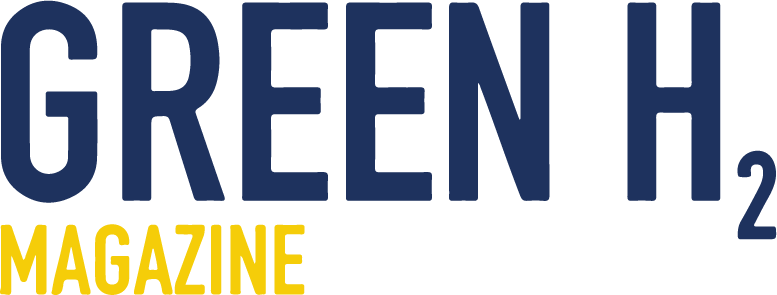
In the current context of energy transition, corporate social responsibility (CSR) has become an essential pillar for ensuring the sustainability and acceptability of major infrastructure projects. At CWP Global, this approach is an integral part of our strategy, particularly in our green hydrogen projects. Far from being a mere compliance tool, CSR helps build trust with local communities and ensures that projects deliver sustainable benefits, not only environmentally, but also socially and economically.
The development of large-scale energy projects, such as the AMUN project in Morocco, involves challenges that are not limited to the technical aspects. This project combines 7.5 GW of wind power and 7.5 GW of solar power to produce green hydrogen, which is then transformed into ammonia. Aimed at sectors that are difficult to decarbonize, such as shipping and the chemical industry, the AMUN project is expected to produce up to 6 million tons of green ammonia a year.
However, these projects cannot succeed without the support of local communities. This is where CSR comes in. CWP Global is committed to involving local populations from the earliest stages of a project, notably through Environmental and Social Impact Assessments (ESIA). This ensures that local needs and concerns are integrated into project design and implementation. In this way, CSR initiatives not only meet legal requirements, but also aim to maximize positive spin-offs for communities and reduce social and environmental risks.
In Morocco, CWP Global’s commitment is reflected in its support for the Moussem de Tan- Tan, an emblematic cultural event that brings together nomadic communities in the south of the country every year. CWP Global has manifested its commitment to the preservation of a unique cultural heritage, while promoting awareness of the importance of green hydrogen as an engine of economic development for the region. This shows how CSR can go beyond environmental aspects to support local cultural and social traditions.
In parallel, CWP Global has also launched initiatives to improve access to healthcare in remote areas. In partnership with the Rotary Club of Casablanca, the company has organized medical caravans in the Guelmim region, providing ophthalmological care to over 1,500 people. This type of intervention strengthens the credibility of projects with local communities and helps build relationships of trust.
CSR is not just about long-term development; it is also about responding proactively to immediate crises.
When the Al Haouz region was hit by a devastating earthquake in September 2023, CWP Global responded quickly by providing sustainable modular housing for displaced families in collaboration with Jood association. The company also provided emergency energy and lighting equipment, in addition to supporting reconstruction efforts. This rapid response demonstrates the importance of a flexible approach to CSR, capable of adapting to the urgent needs of communities while remaining committed to the long term.
Beyond CSR, CWP Global adopts an integrated approach to ESG (Environmental, Social and Governance) criteria. Each project is designed to take into account long-term impacts on the environment, communities and local governance. This integration ensures the long-term viability of projects, while meeting the expectations of investors and communities alike. The holistic approach ensures that projects deliver sustainable benefits and are aligned with global decarbonization objectives.
Founded in 2007, the CWP group began its journey as a developer of windfarms in Southeast Europe. Building on two key early successes – the first wind farm in Serbia (Cibuk 1, 158 MW) and the largest 1-shot on-shore wind farm in Europe (Fantanele-Cogealac, 600 MW) – the company expanded its operations to Australia, under the name CWP Renewables. In Australia, CWP developed a portfolio of over 1.5 GW of wind and solar projects, with a strong emphasis on community collaboration. CWP Renewables, CWP’s Australian arm, was a joint platform with Partners Group, and sold for $4 billion to Squadron Energy in 2022. In a Joint Venture with Mercuria (one of the world’s leading independent energy and commodity groups), CWP Global continues to develop wind farms and solar parks in Southeast Europe, under the name CWP Europe, with a pipeline of 7+ GW of grid-connected projects under development in Serbia, Bulgaria, Romania, Montenegro, Croatia, North Macedonia, Moldova, Ukraine, Albania, Bosnia & Herzegovina and Slovenia.

CWP Global
CWP Global began another key step of its journey in 2015, identifying an early opportunity to produce green hydrogen in Australia and using its experience developing utility- scale renewables projects to launch the groundbreaking Australian Renewable Energy Hub. The 26 GW hub, now operated by bp, marked the beginning of an expansion into green hydrogen which CWP Global recognizes is an energy carrier that will be essential to decarbonizing key industries such as steel or maritime shipping. Since 2015, CWP Global has been able to identify the best sites across the world for the development of ultra-large-scale green hydrogen projects, and has a 200+ GW portfolio in the works, aiming to deliver the first million tons of green hydrogen and derivatives by 2030.»
